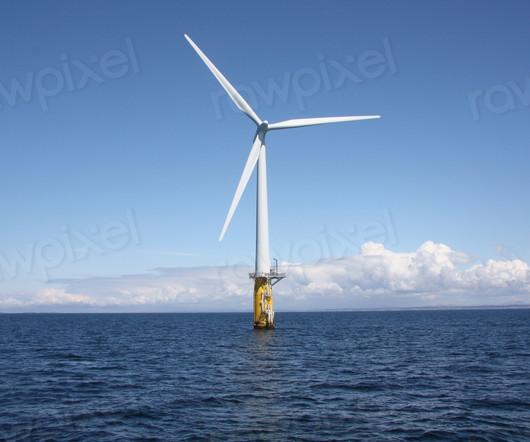ADB Study Finds Annual Economic Losses in Southeast Asia from Climate Change Could be More Than Twice the Global Average
Green Car Congress
APRIL 27, 2009
The mean cost of cost of climate change for the four countries—Indonesia, Philippines, Thailand, and Viet Nam—under a “business-as-usual” scenario and if market and non-market impacts and catastrophic risks are all considered could be equivalent to losing 6.7%





















Let's personalize your content